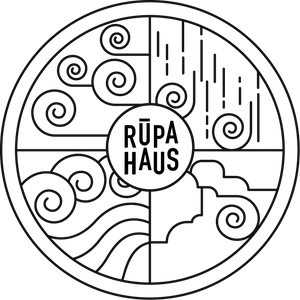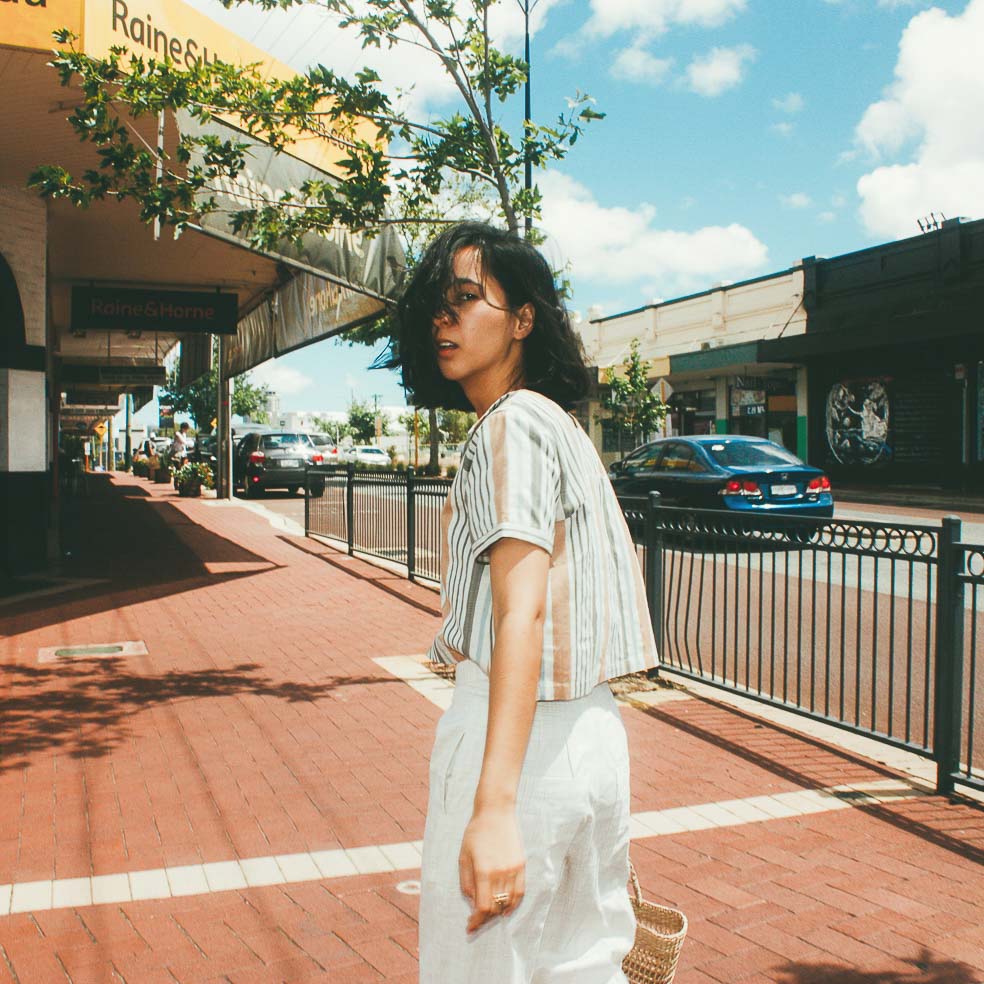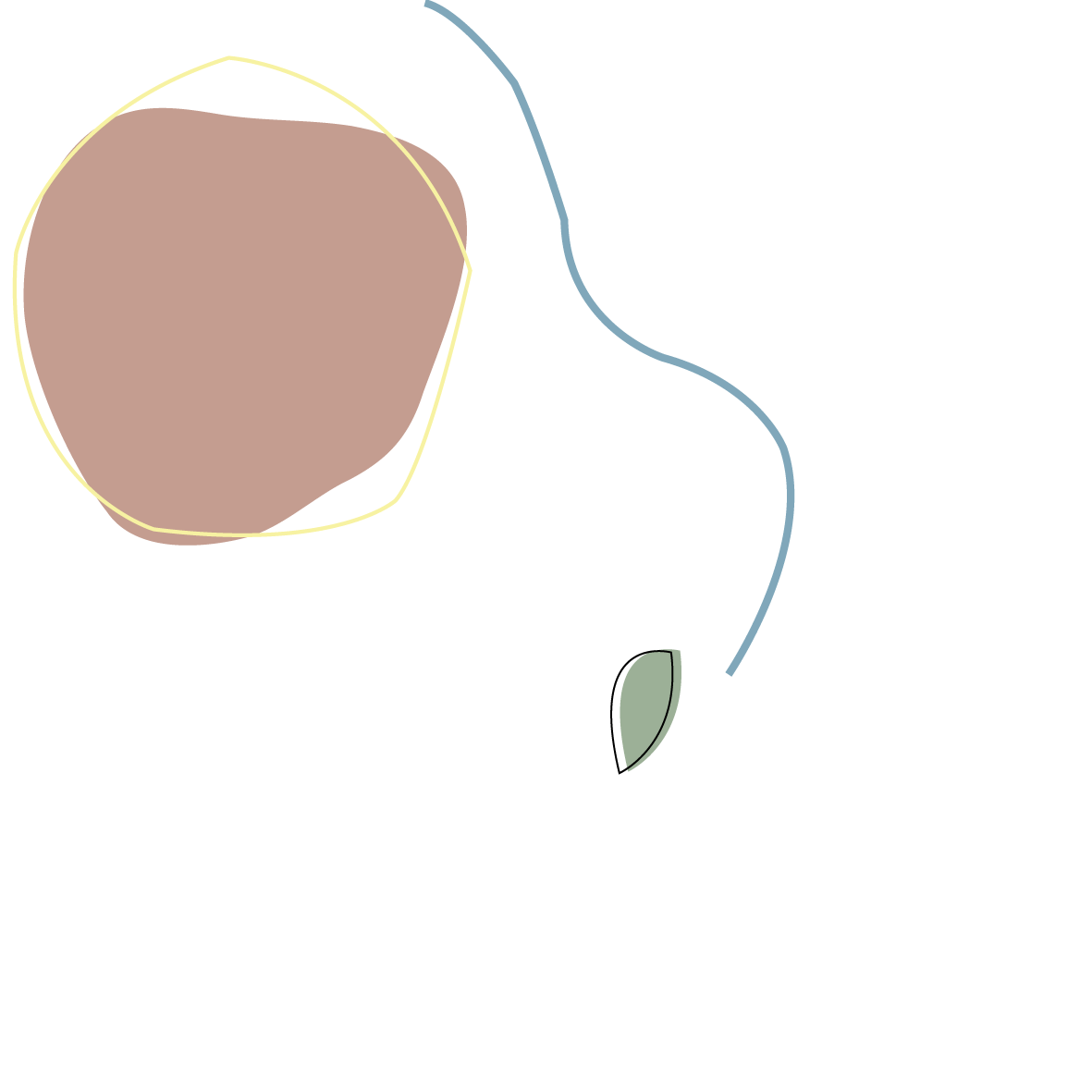Written by Vivien Huynh / photographed by Stephanie Chandra
We sat down with Claudia Mancini, an arts producer and event coordinator at the Centre of Stories to talk about her views of politics, love and human rights.
Cultivating narratives with a humble flair

Occasionally we find ourselves caring too much or fighting too hard for some things that doesn’t seem to matter to anyone. For instance, although it’s been a great journey so far, we are often hit with discerning thoughts of whether there are people who truly understands what we’re trying to do and why we’re doing it. Do we need to explain ourselves? Will our voices be heard? Most importantly, are we making a change and an impact? She’s sitting in a chair across from us, surrounded by vintage adornments that almost resembles a jazz lounge, but not quite. Claudia Mancini is talking politics, love and human rights. She’s talking strategies. Not the kind handed out on a spread-sheet. The kind that is life-enhancing.
“It’s tough. I started politics at university, and all of the time I felt completely disempowered. What does my voice really mean? I can’t really do anything; even with climate change and things like that, I can’t do anything as one person.” We are sat, engaging with a girl that has a tight grip on the art of authenticity, towards not only others; but with herself. For as long as I’ve known Claudia, I’ve known her to be incredibly charismatic, and not of the kind that is within our own perception. Perhaps this is why she has found herself in a small organisation where all of this nature she encapsulates can be reflected in her work. She tells us about Centre for Stories—“we collect stories from people of different backgrounds and then we share them in different ways! That can be live events, online recorded stories, audio stories, video stories, things like that. Basically we are passionate about telling stories that usually don't get to be told.” That sums it up in a nutshell. I interrupt from intrigue, and I ask her whether this career was written up just for her as it doesn’t seem feasible at this point that its meant for anyone else. She laughs, takes a sip of her coffee and reassures me that if Centre for Stories didn’t exist, another form of storytelling would do just fine. However, right now is supposedly the time to make a change, even if its a small one. Claudia’s work over the years have consisted of mainly helping those produce an outlet of discussion by “giving them a platform for their stories to be shared in which most people don’t get the opportunity to hear”—creating an alternative form of dialogue that doesn’t fall into the mainstream.


The cafe we settled for at large displays a generous touch of cultural recognition. Prior to this, I had suggested one of my favourites that I usually frequented, but then I find myself in an expected position of being beat out by Claudia’s habitual knowledge in cafe recommendations. Often these serve a more inclusive crowd, filled with a great amount of diversity. As one would say this is often a reflection of who a person is, and I remember that a part of these suggestions don’t just come from a knowledgable woman, it also comes in stride through Claudia’s enriching childhood. “I'm really lucky, my mum is so compassionate. It was almost annoying when I was younger because she would just let people live with us.” I repeat, “live with you?” And without hesitation we receive a response not all that surprising, “yes, she would just take people in, off the street, and I’d be like “mum what are you doing?“ and she would say “we’ve got a spare room, what’s the big deal?”. Not having to even ask the question, it’s established that the relationship with her mother has ingrained within Claudia her own sense of compassion, love, and self-worth. Telling us how her work stems from the professional to personal, as one of the triggers came from her mother being a refugee in the 80’s. “Initially, my first experience for Centre for Stories was about being half Vietnamese and my mum’s experience as a refugee. Because I work so much with people from culturally diverse backgrounds, it definitely helps to have that point of relation or similarity.”
From this, the birth of a woman determined to make a difference came through and all the pleasures of her upbringing is projected onto a canvas for the world to see. At least, that’s ideally how far she would like her stories to travel, as that’s what stories tend to do best if told well. As she leans forward in her chair, I can see her radiance and excitement seeping past the initial withheld poise she carried when she first arrived. Not that Claudia ever holds back, but this time it’s hard to ignore the statement she’s making in how important this is to her. “I think storytelling in its nature forces people to be empathetic, or is more likely to lead to people being empathetic”— she pauses to make sure she’s not stumbling on the point she’s trying to get across, “our main thing is kind of giving people the opportunity to tell their story so that the rest of the community can be more aware and more empathetic towards other people, and be more understanding.” Though in awe with the work she is doing, I found myself remaining objective about where this path of hers eventually leads, but once again she reaches for the answer before I do, “the most challenging part is trying to help these people build up their skills and feel confident in telling their stories, so depending on the person it can be really hard to kind of get them to feel comfortable and confident talking about that.” When I questioned how this may be, she tells me you can’t just choose a person and force them to talk about something; especially with refugees. “We find it’s really important to let them choose, rather than us putting them in a box as a refugee, hey “you’ve been through so much trauma”; which they have, but it’s their choice what they want to tell you. They might not want to be viewed as a refugee anymore, they might just want to be viewed as a person rather than being boxed. Whereas we’ve had other people who are super proud of that.”
“Humans are compassionate by default I think, but how much that shows depend on a lot of different things. People who go through some horrible things will maybe switch that off a little bit, minimise it, or dull it down. But I think that humans are innately good or good natured.”


While we are seated, I look around to find little reminders that we are in fact all different, which pushed me to think again, do we all find our truth in a story? Claudia tells me no. “We can’t force the message”— as she pushes her coffee away from her, she now signifies determination, further explaining that not everyone listening to a story will necessarily identify with it— “which is fine! storytelling in its nature means that people will be more open to listening, if they listen to that one story and later down the track they hear something similar, that’s when they decide to change the way they think.” Ultimately, this is the truth and one that is hard to accept, as a major element to real discussion comes from patience. Claudia’s capacity for expression is mesmerising, she sits back again; this time more relaxed, lending physical weight to what she’s saying. We discuss how it does take time and exposure for a story to take affect, depending on its recipients, how receptive they are, and how empathetic they are as people.

“Humans are compassionate by default I think, but how much that shows depend on a lot of different things. People who go through some horrible things will maybe switch that off a little bit, minimise it, or dull it down. But I think that humans are innately good or good natured.” Her emotional vulnerability, but strength in justifying a person’s basic rights to a fair trial in all aspects of life, is what has brought us a carefree and open-minded woman in her somewhat early twenties. “You know when they say you turn into your mum when you get older…you do”—she begins to trail off this time. We talk about marriage equality, and how it only just recently got passed in Australia. She considers why at first it never had been— “not that I condone the way that this survey was conducted, but the one positive thing that has come out of it is that we have a statistic now, like a number of how many people voted yes”, she says, “it just goes to show that as much as we were kind of forced into this survey, our voices were heard.” I see from this a tentative mix of emotions on her face, and we agreed that this was certainly something that shouldn’t have been so hard. “With something like this, it’s just such a big reminder that actually it’s really important for us to all engage. If we want something to happen, we need to make it happen; so it’s a really big boost of confidence. It means that we will all keep fighting for other things that we want, because it’s such a big win. Now if this is possible, we know that we can create a country that we are really proud of. It’s the start of something really big for our generation.”
I ask whether she believes this will open doors now.
“I think so, for sure.”



